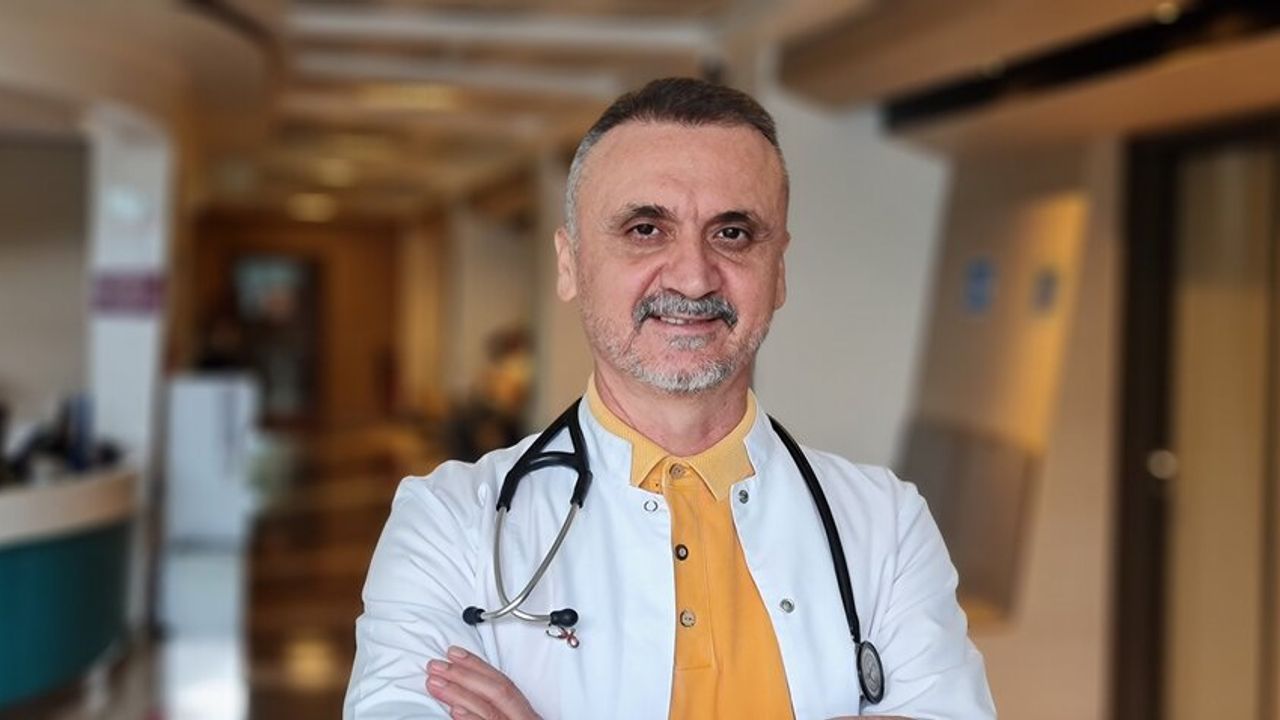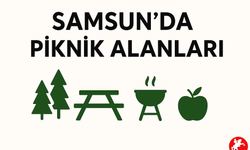While the extreme heat in summer and sudden weather changes during the season also trigger chronic diseases, experts warned that they should be twice as careful, especially heart, diabetes and blood pressure patients. Providing information on the precautions that can be taken on the subject, Cardiology Specialist Assoc. Dr. İsmail Ateş said, “Hot weather causes a decrease in blood pressure, vascular contractions and the imbalance of blood flow to the heart. If enough water is not consumed, clots occur and this can lead to a heart attack. Because of these risks, this patient group should not go out in extremely hot weather, especially at noon, and should be careful to consume plenty of water.” Said.
Regular check-ups should not be skipped!
Stating that regular controls of heart, diabetes and blood pressure patients are important in summer, Dr. Ateş listed the symptoms of heart attack, stating that drugs should not be discontinued haphazardly without consulting a doctor. Ateş said, “Early intervention is of vital importance in a heart attack. Therefore, knowing the symptoms and acting accordingly will be to the advantage of the patient. A heart attack begins with symptoms such as chest tightness, burning, indigestion, shortness of breath, sweating, and fatigue. The pain starts from the left arm, goes down to the little finger and spreads to the neck. Cold sweat begins to form in the body.” He spoke as
Do not go into the sea and pool right after the meal!
Mentioning the vital mistakes made during the summer holidays, Assoc. Dr. İsmail Ateş said, “It is inconvenient to enter the sea or the pool immediately after meals, so it should be entered 1 hour after the meal at the earliest. The same goes for sports and walking. We recommend not going out as much as possible between the hours of 11:00 and 16:00. In meals, meals should be served lightly with the Mediterranean diet whenever possible. The approach I always recommend to my patients is to eat but not full.” He used his expressions.
Climate change increases the risk of heart attack!
Noting that the same precautions should be taken during weather changes, Dr. İsmail Ateş continued his words as follows.
“Sudden changes in the weather also tire the heart and increase the risk of heart attack. Situations such as very high air temperature, cooling of the air by 8-10 degrees the next day or vice versa, strong wind also increase the risks of heart attack. In the sudden cold weather, the veins constrict. Therefore, by raising blood pressure, more blood is pumped to the brain and other organs. In such weather, the risk of clots increases.”
































